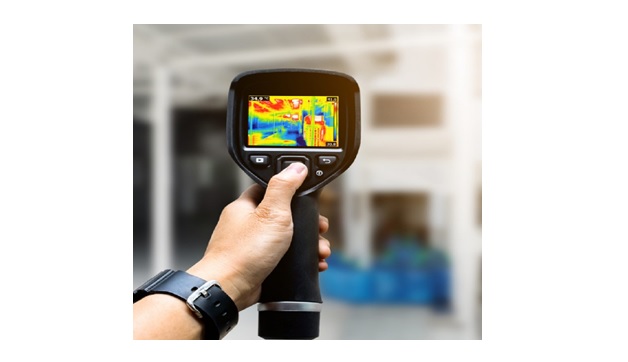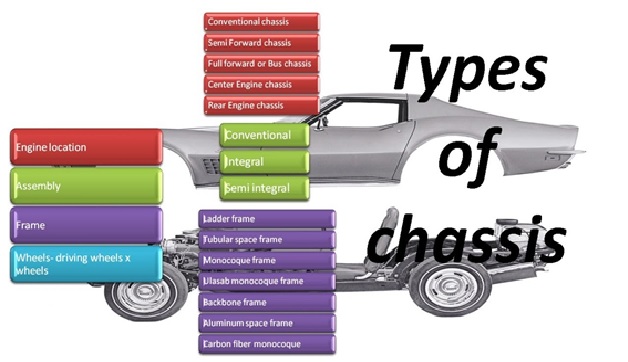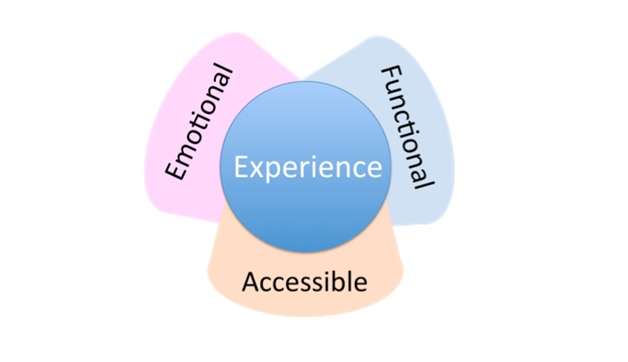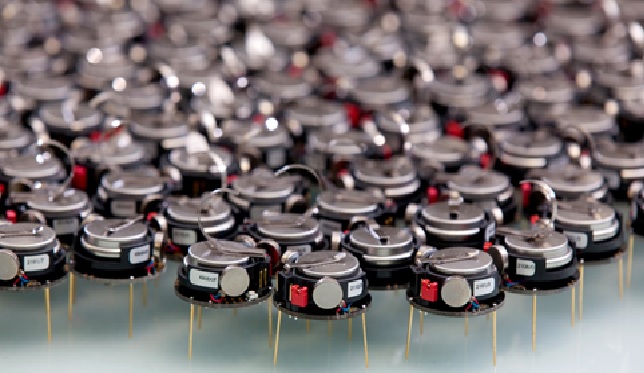XR Enhances Plant-Based Meals with Meat Flavors for Sustainable Dining
Extended reality (XR) technology can artificially modify human sensations, making vegetarian food more appealing. Researchers have demonstrated how XR can enhance the dining experience, potentially promoting more sustainable food production and healthier eating habits. "This could help encourage people to adopt environmentally friendly diets," says Roope Raisamo, a professor of human-technology interaction at Tampere University. XR encompasses augmented reality (AR), virtual reality (VR), and mixed reality (MR), blending real and virtual environments.
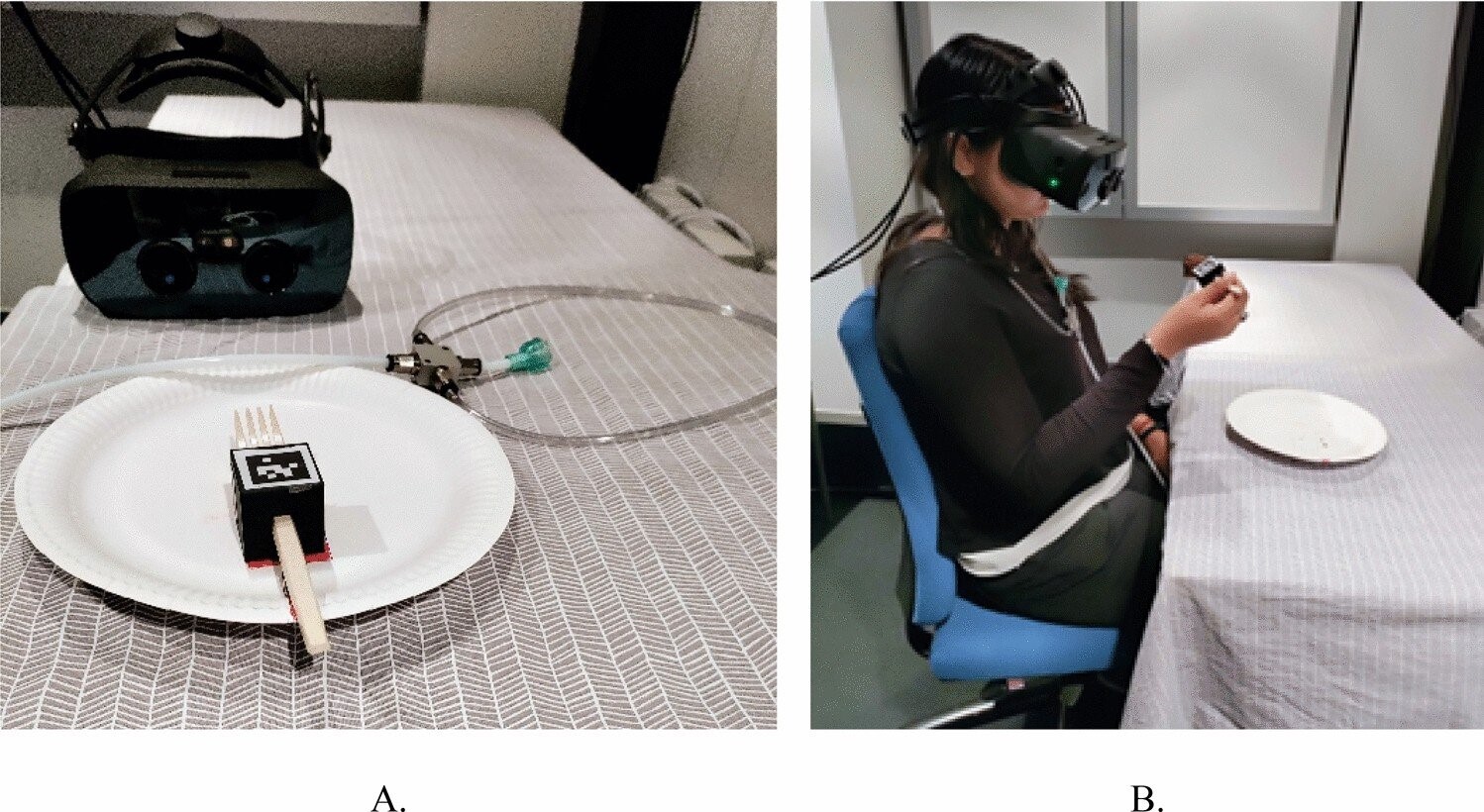
Figure 1. XR Enhances Plant-Based Dining with Meat Flavors
Raisamo's research group, in collaboration with Research Professor Nesli Sözer at VTT Technical Research Center of Finland Ltd, explored the impact of extended reality (XR) on eating experiences. Their goal was to create enjoyable and satisfying food options, potentially increasing the use of ingredients like seaweed in food preparation. Published in the Journal on Multimodal User Interfaces, the study included an experiment where XR technology enhanced plant-based "meatballs" with meat-like aromas using an olfactory display, improving the overall dining experience. Figure 1 shows XR Enhances Plant-Based Dining with Meat Flavors.
Raisamo emphasized the novelty of the research, highlighting how it brought together two rarely collaborating disciplines to explore new possibilities [1]. With extensive experience in studying haptic sensations in XR, he contributed to integrating sensory technologies into the eating experience.
Enhanced sensory experiences could shape the future of marketing and communication
In the future, extended reality could integrate olfactory and haptic sensations into marketing and communication. While haptic devices are already available, scent-producing modules may soon become more accessible. Social media platforms could leverage these technologies to enhance user interactions.
Raisamo’s team specializes in multisensory interaction and has incorporated AI into their research long before its current rise. Their ongoing projects focus on enhancing human capabilities and situational awareness, in collaboration with VTT and the University of Lapland.
Raisamo explains that their research optimizes extended reality (XR) systems through human-AI collaboration. By measuring cognitive responses, task performance, and user experience, the team enhances XR interactions. Their approach integrates cognitive space modeling, detection, personalization, and forecasting with contextual awareness and adaptive interaction methods.
Raisamo leads TAUCHI, the Tampere University Computer-Human Interaction Research Center, which comprises 90 researchers. His own group includes 20 members. TAUCHI's mission is to enhance human-technology interaction by developing knowledge and solutions that align with natural human communication methods.
Reference:
- https://techxplore.com/news/2025-04-reality-meat-flavors-based-meals.html
Cite this article:
Janani R (2025), XR Enhances Plant-Based Meals with Meat Flavors for Sustainable Dining, AnaTechMaz, pp. 597







